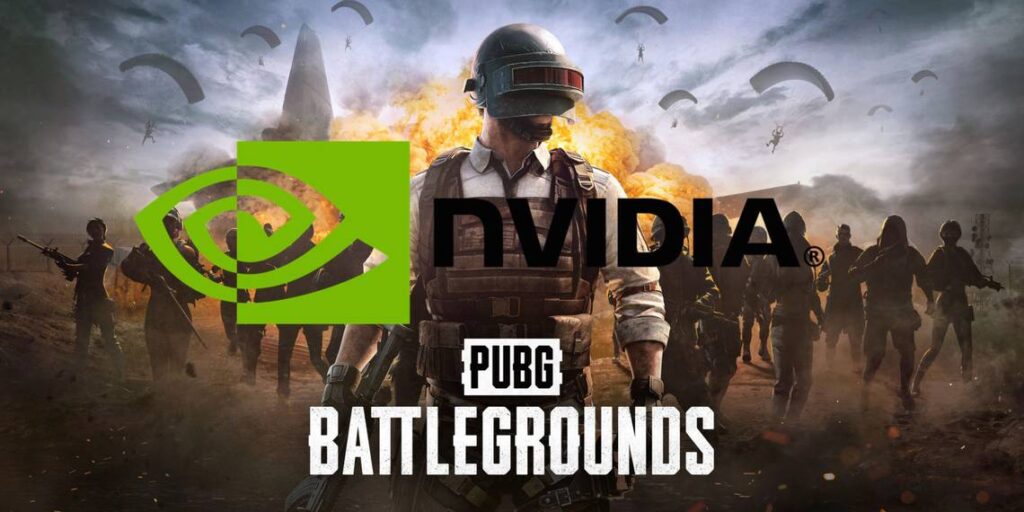AI buddies in PUBG and inZoi are being referred to as Co-Playable Characters (CPCs).
The South Korean developer of both games, Krafton, revealed that it was collaborating with Nvidia to include these AI coworkers in each game.
According to Krafton, a CPC is an AI companion that can communicate with players thanks to an on-device SLM (Small Language Model) developed using Nvidia’s Avatar Cloud Engine (ACE).
Because they comprehend and react to gaming conditions in a human-like way, CPCs can communicate and work with players, unlike typical NPCs (non-player characters), the business added.
According to Krafton, the language model developed with ACE can be used to teach them how to collaborate and coordinate with players. Particularly in PlayerUnknown’s Battlegrounds, CPCs will present “Ally,” a new SLM-powered sidekick who can collaborate with the player and speak. According to Krafton, “Players can communicate and plan with their AI-powered CPC partner just like they would with a human colleague, significantly improving gaming.”
The PUBG player asks their Ally to watch for a vest and ammunition via voice communications in a video showcasing the technology. The Ally locates both and uses voice communication and ping to alert their human teammate. The ally also informs their human comrade that they are providing covering fire after seeing an opponent. When the player later inquires as to whether a car is in the area, the Ally replies that they have located one and will “come to you.” Using voice communications once more, the player requests that their ally flank them in a battle, and they comply. After winning, the Ally will even have a little teasing.
The goal is to use AI speech, powered by the SLM, to simulate a human partner as closely as possible. AI teammates have previously assisted humans in several video games, and they will do tasks akin to those demonstrated here. Now, to mimic in-game voice communications, your companion’s speech is a little stilted.
In inZoi, a rival to Krafton’s The Sims, it functions differently. Citizens, referred to as “Zois,” engage in real-time interaction and make decisions based on their “free will and life experiences.” According to Krafton, “Zois will use the SLM to monitor fashion trends, disseminate stories, build reputations, and more.”
Given that Krafton launched its own Deep Learning Division in 2022 and has recently acquired many key AI technologies, these advances are not surprising. When it comes to video game creation, it is fully embracing AI despite the numerous ethical and environmental issues surrounding the technology and its well-established effects on employment.
However, it is by no means alone in this. Microsoft, EA, and Ubisoft have all made significant investments in generative AI. Last year, Ubisoft unveiled its “Neo NPCs,” a player-facing generative AI prototype that allows you to communicate with NPCs in a video game.
